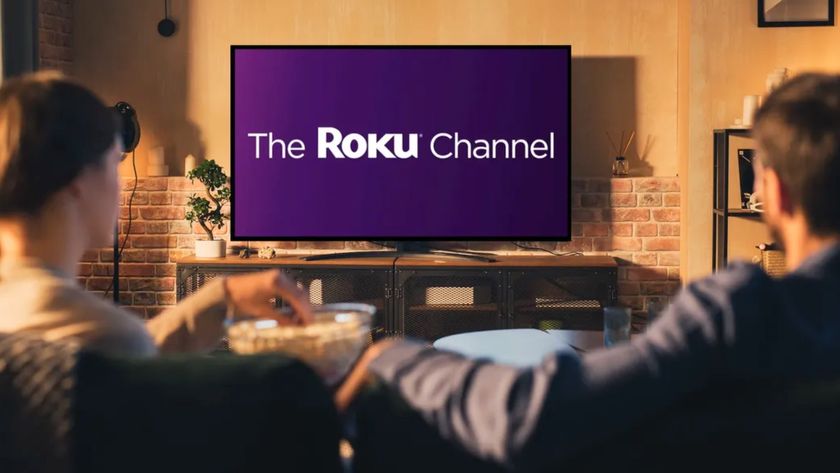Google Testing Packaged Version of Chrome Remote Desktop
This standalone version looks and feels like a native desktop app.
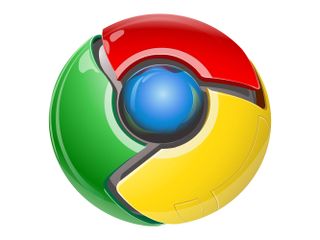
Over on Google Plus, the company reports that it is currently working on a Chrome Packaged App version of its Chrome Remote Desktop web-based app. An experimental version is already available to test, but the team warns that it's not entirely stable and could break at any given time. Users are required to load it as an unpacked extension in chrome://extensions.
For the uninitiated, Chrome Remote Desktop allows the user to remotely access another PC through Google's Chrome browser or a Chromebook. Both PCs merely need Chrome installed in order for it to work – the service is completely cross-platform, providing remote assistance to Windows XP and above, Mac OS X 10.6 and above, and Linux users.
"Computers can be made available on a short-term basis for scenarios such as ad hoc remote support, or on a more long-term basis for remote access to your applications and files," Google said. "All connections are fully secured."
With the service moving to a packaged app, it means users still need Chrome installed, but the browser doesn't need to be open. Chrome Remote Desktop will look and feel like a native, standalone desktop app running outside the browser environment even though it's tied to Chrome. Packaged apps are written in HTML5, JavaScript, and CSS, but they have native-like capabilities that are much more powerful than those available to web apps.
For more information about Packaged Apps, head here. The source info regarding the Chrome Remote Desktop packaged app is located here.
Sign up to get the BEST of Tom's Guide direct to your inbox.
Get instant access to breaking news, the hottest reviews, great deals and helpful tips.
Kevin started taking PCs apart in the 90s when Quake was on the way and his PC lacked the required components. Since then, he’s loved all things PC-related and cool gadgets ranging from the New Nintendo 3DS to Android tablets. He is currently a contributor at Digital Trends, writing about everything from computers to how-to content on Windows and Macs to reviews of the latest laptops from HP, Dell, Lenovo, and more.
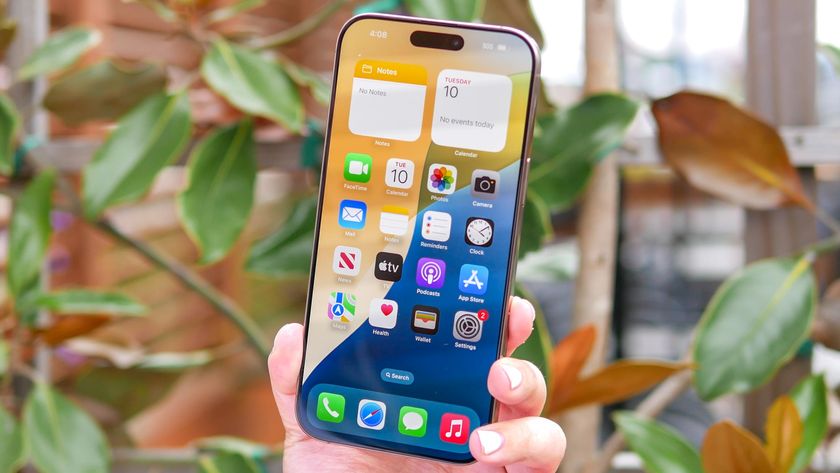

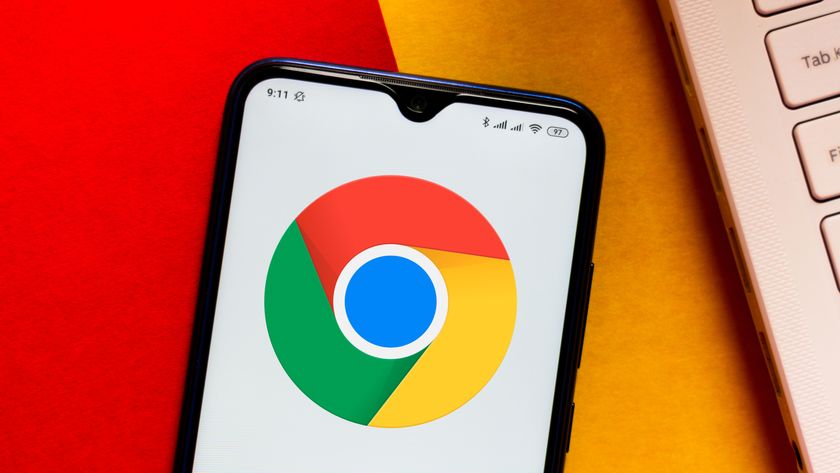
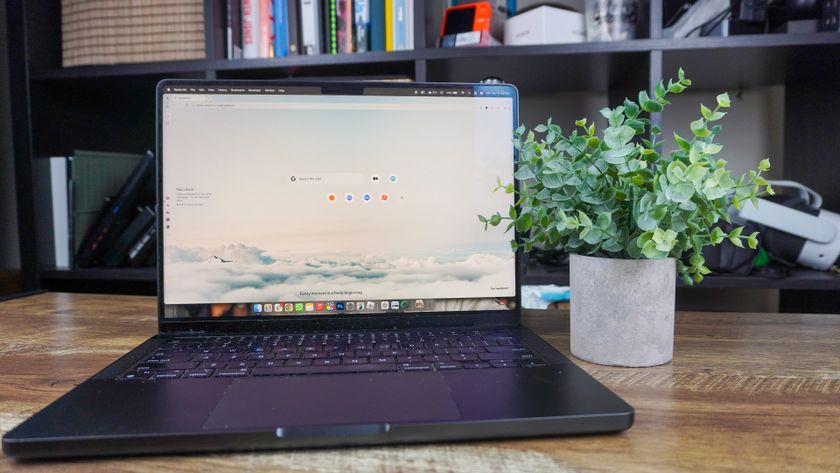
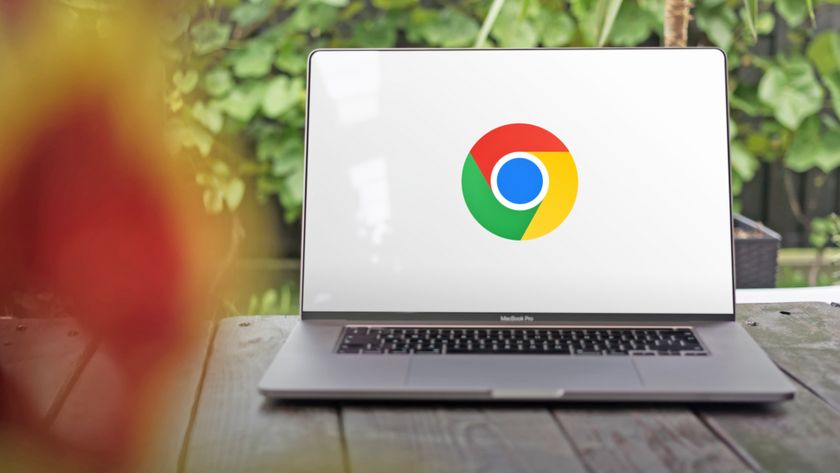
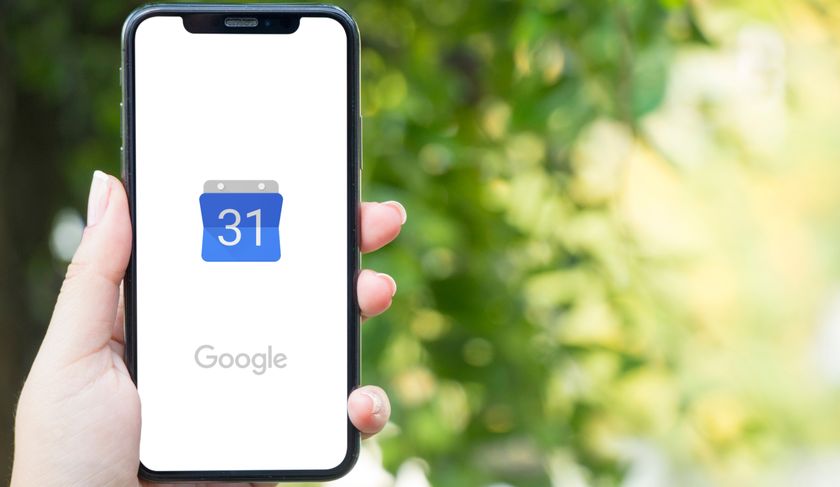
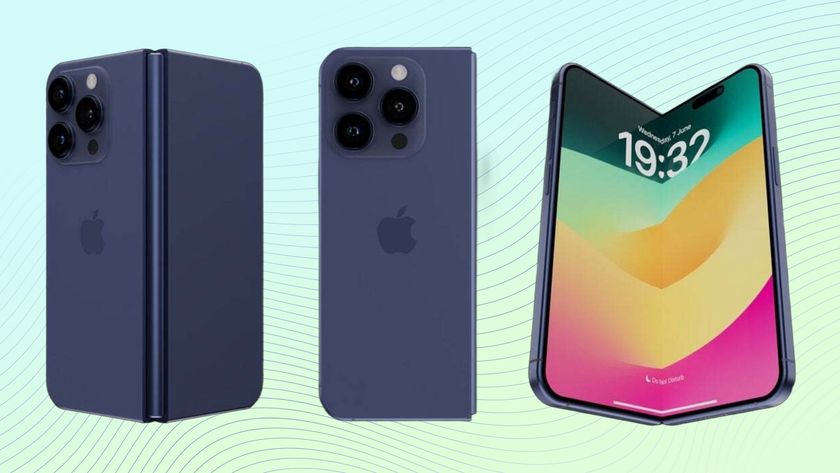
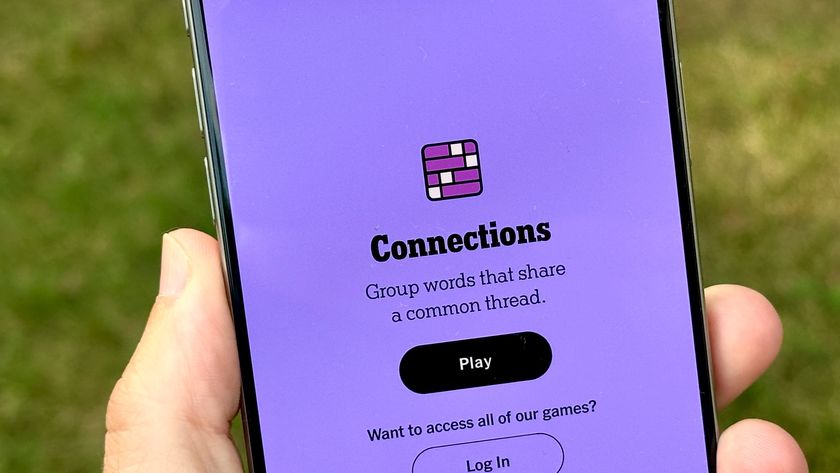

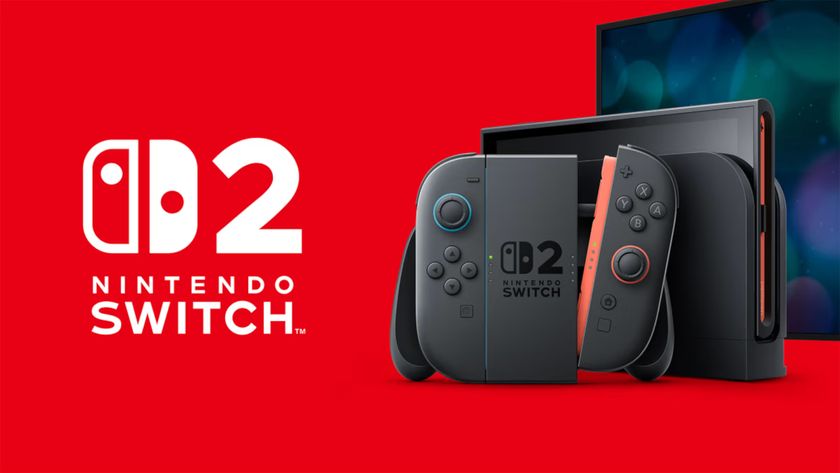
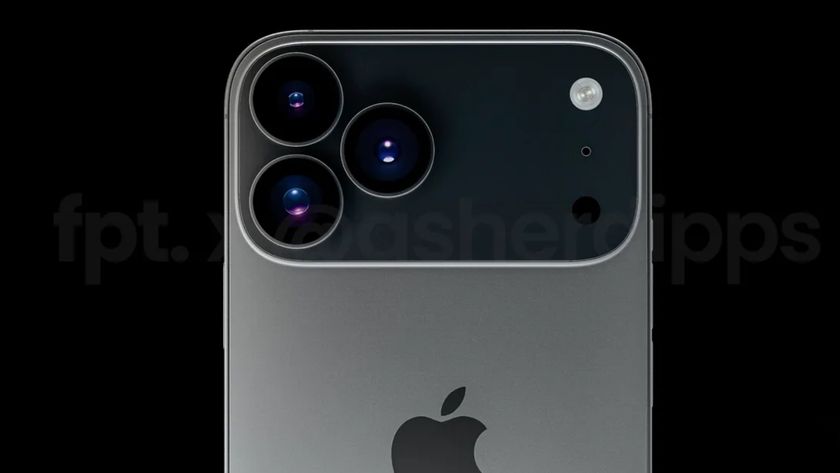
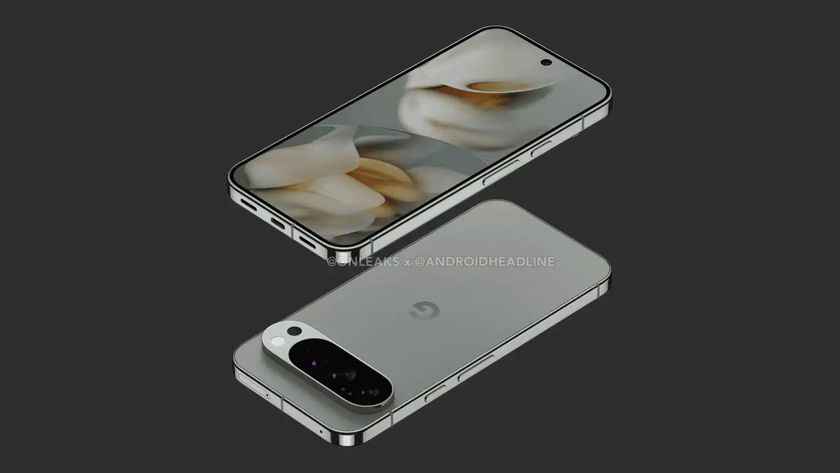
-
altriss Someone knows if when you use this to acces a computer, google has an access to all your data? And is it just a streaming of your screen or the data are analyzed and transmitted through servers?Reply
After PRISM I really have second though every time I see google proposing an access to my data even if it is convenient. -
digitalvampire So exactly what people have been doing for 10+ years, but now with a browser dependency instead. Awesome!!!!!Reply -
Integr8d @altriss I get what you're saying. Always assume your machine is compromised and use strong crypto on all your important directories.Reply -
stevejnb Nice. One step closer to making Chrome OS an actual viable competitor to Windows in the scheme of things.Reply -
stevejnb Nice. One step closer to making Chrome OS an actual viable competitor to Windows in the scheme of things.Reply -
Anomalyx Nice. Now when I hit the button on my mouse that's mapped to the "go back" function, it will go back on the remotely controlled machine, rather than my local browser, which closes the remote connection >.<Reply
Can't count the number of times I've done that...

